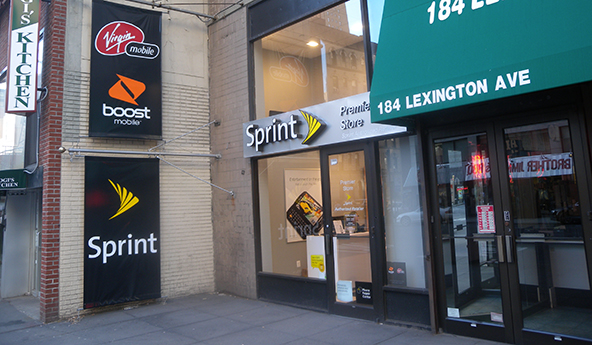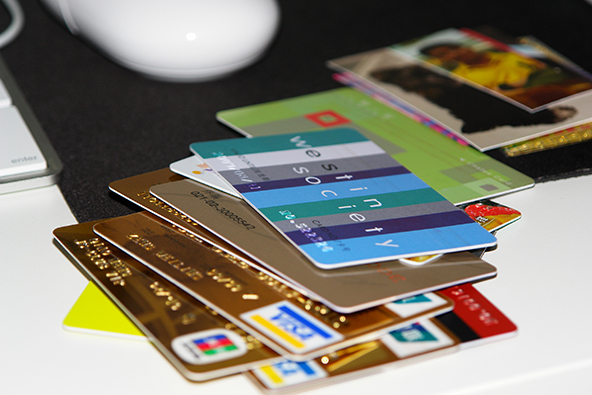Payment Gateway

Payment gateway is a web-based service that transmits transaction information between an e-commerce website and the merchant’s processing bank. It is the e-commerce equivalent of the physical point-of-sale (POS) terminal used by brick-and-mortar merchants in card-present transactions. To protect sensitive account information, the data that the gateway collects from the website is SSL-encrypted before transmittal.
The payment gateway integrates with the website’s shopping cart and activates once a customer places an order. The card-not-present transaction process goes through the following stages:
- A customer places an order on an e-commerce website and provides his or her card information for payment.
- The payment information is SSL-encrypted and sent to the merchant’s hosting server.
- The payment gateway then gathers the submitted data and, after another SSL encryption, transmits it to the processing bank’s server.
- The processing bank then sends the payment details to Visa or MasterCard.
- If the cardholder used a Discover or an American Express card, the processing bank serves as an acquiring bank and makes a decision on whether or not to authorize the transaction; then forwards the response to the merchant.
- Visa or MasterCard forward the transaction to the card issuer.
- The card issuer either authorizes or declines the transaction and sends a response (approval or decline) back to the processing bank. The responses for declined transactions provide details for the reason the transaction did not get approved.
- The processing bank then sends the response to the payment gateway.
- The payment gateway sends the response on to the merchant’s website and it is presented to the cardholder.
- The whole process, from submitting the payment information to receiving the response, takes seconds.
- At the end of the business day, all authorized transactions (also called a “batch“) are submitted to the processing bank for settlement.
- The processing bank then deposits the total transaction amount, minus the interchange fees and processing costs, into the designated merchant’s bank account.
- The entire process, from authorization to settlement, takes approximately 2-3 business days.
Processing banks typically provide payment gateways as part of their processing services. They charge a monthly fee for the service ($10 – $25) and may charge a fee for the set up as well. Every major gateway supports the latest fraud prevention solutions, including the Address Verification (AVS) and card security code (CVC 2, CVV2, and CID) validation services.
Payment gateways provide merchants with other ways to process card-not-present payments too. The gateway’s virtual terminal offers merchants the processing capabilities of a POS terminal through an internet browser. It is typically used by direct marketing (mail order and telephone order) merchants to process payments they receive over the phone or in the mail. The customer’s payment information is entered into a web interface and the payment gateway then handles it in the way described above.
Many virtual terminals offer managed billing and customer profile management services. The profile management tool enables merchants to store customer account data on the payment gateway’s server for completing transactions faster. The managed billing solution enables merchants to use the stored customer profiles for setting up recurring and installment billing plans and to process deferred payments automatically.
Image credit: Tistory.com.



Is there any payment gateway which provides emi facility without credit /debit card, for online purchases?
Hi
Yes There is this platform- ZestMoney which provides the facility of EMI without credit card. you can visit their website for more details: http://zestmoney.in/howitworks/